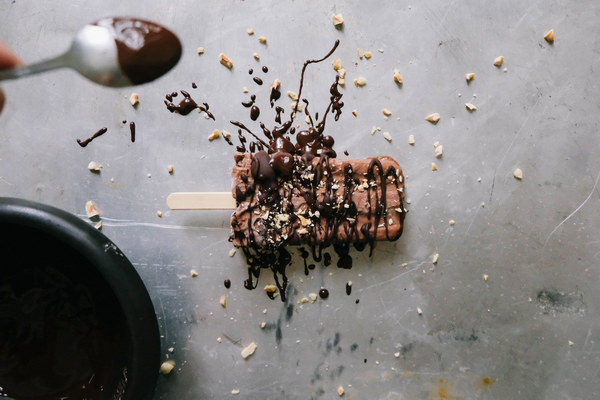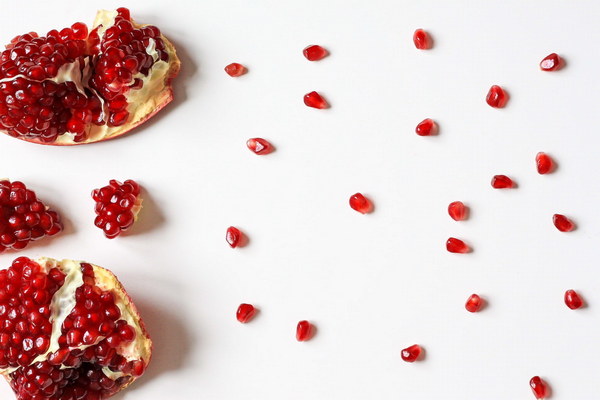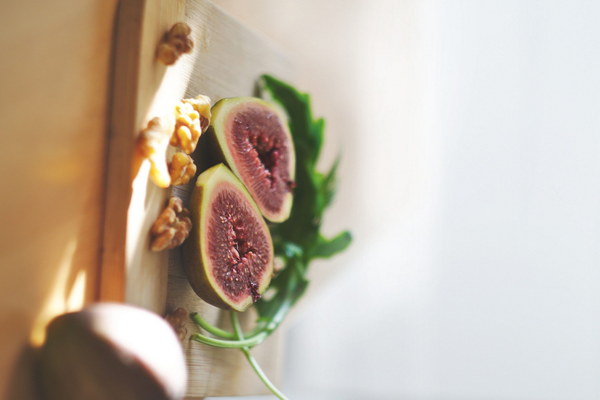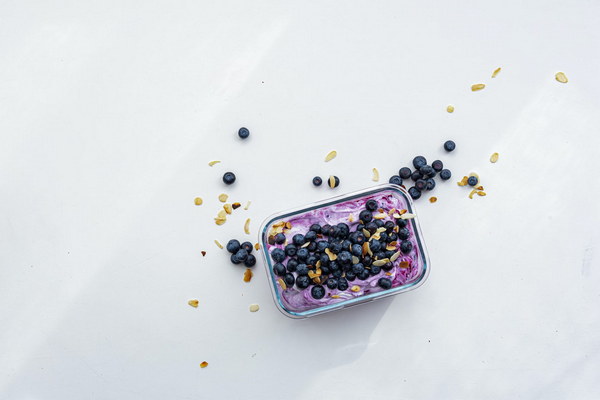Can Ginger Powder Soakings Eliminate Dampness A Traditional Chinese Remedy Unveiled
In the realm of traditional Chinese medicine, ginger powder soakings have been a popular home remedy for centuries. Many people swear by its effectiveness in alleviating the symptoms of dampness, a common ailment that affects countless individuals. But can ginger powder soakings really eliminate dampness? Let's delve into the world of traditional Chinese medicine and explore the potential benefits of this ancient practice.
Dampness, in traditional Chinese medicine, refers to an imbalance of fluids within the body that can lead to a variety of health issues, such as fatigue, weight gain, and even chronic diseases. According to TCM, dampness is caused by external factors, such as living in a damp environment or consuming cold, raw, or wet foods. To combat this imbalance, TCM practitioners often recommend ginger powder soakings as a natural and effective treatment.
Ginger, known as Sheng Jiang in Chinese, is a versatile herb with numerous health benefits. It is widely used in Chinese cuisine and has been a staple in TCM for thousands of years. The primary active compound in ginger is gingerol, which is responsible for its medicinal properties. Ginger powder soakings work by warming the body, increasing blood circulation, and promoting the expulsion of dampness.
Here are some of the potential benefits of ginger powder soakings in eliminating dampness:
1. Enhanced blood circulation: The warmth of the ginger powder soakings can improve blood circulation, which helps to eliminate toxins and excess fluid from the body. This, in turn, can reduce the symptoms of dampness, such as fatigue and swelling.
2. Detoxification: The combination of ginger and warm water can help to detoxify the body by promoting the elimination of waste products through sweat and urine. This process can aid in the reduction of dampness and its associated symptoms.

3. Warming the body: Ginger has a natural warming effect on the body, which can help to alleviate the cold and clammy feeling associated with dampness. By warming the body, ginger powder soakings can also boost the immune system, making it more resistant to infections.
4. Alleviating joint pain: Dampness can lead to joint pain and stiffness, as excess fluid accumulates in the joints. Ginger powder soakings can help to alleviate this discomfort by improving circulation and reducing inflammation.
To prepare a ginger powder soaking, follow these steps:
1. Mix one to two tablespoons of ginger powder with warm water in a bowl.
2. Stir the mixture until the powder is fully dissolved.
3. Soak your feet in the ginger water for about 20 to 30 minutes, ensuring that the water is warm but not too hot.
4. After the soaking session, gently dry your feet and wear warm socks to maintain the warmth.
It is important to note that while ginger powder soakings can be a beneficial home remedy for dampness, they may not be suitable for everyone. Individuals with certain health conditions, such as diabetes or heart disease, should consult their healthcare provider before trying this treatment.
In conclusion, ginger powder soakings have been a traditional Chinese remedy for dampness for many years. By promoting blood circulation, detoxifying the body, and warming the body, ginger powder soakings can help to alleviate the symptoms of dampness. However, it is always advisable to consult with a healthcare professional before trying any new treatment, especially if you have underlying health conditions.









